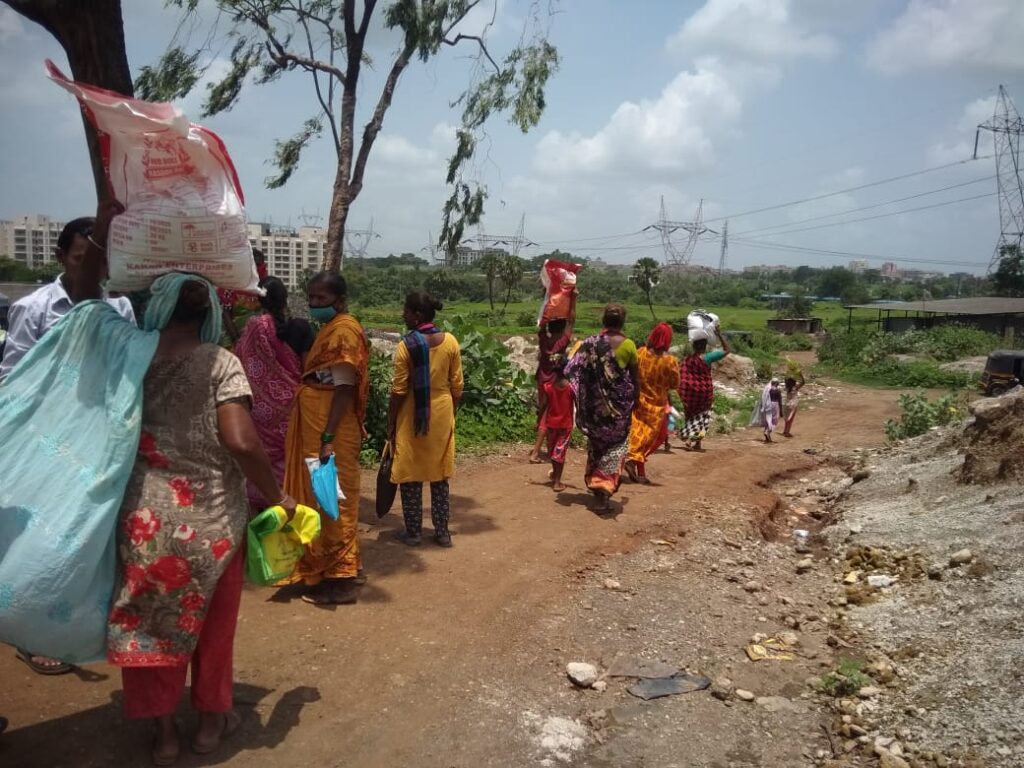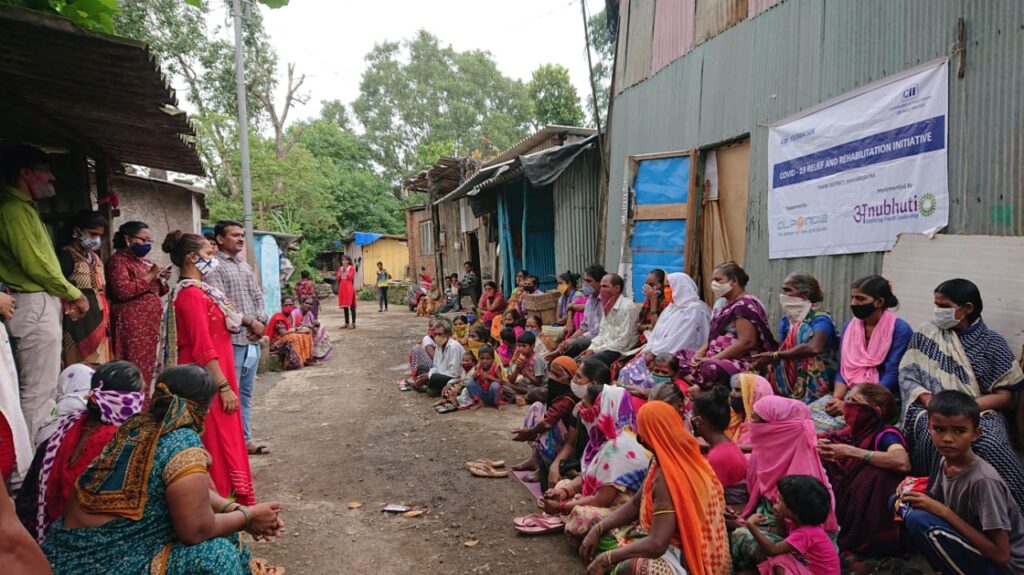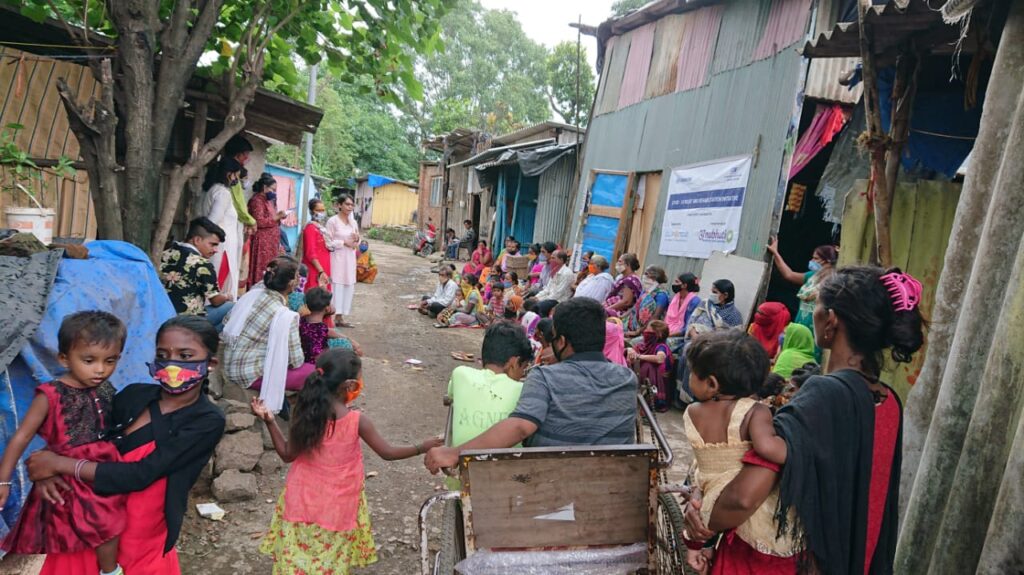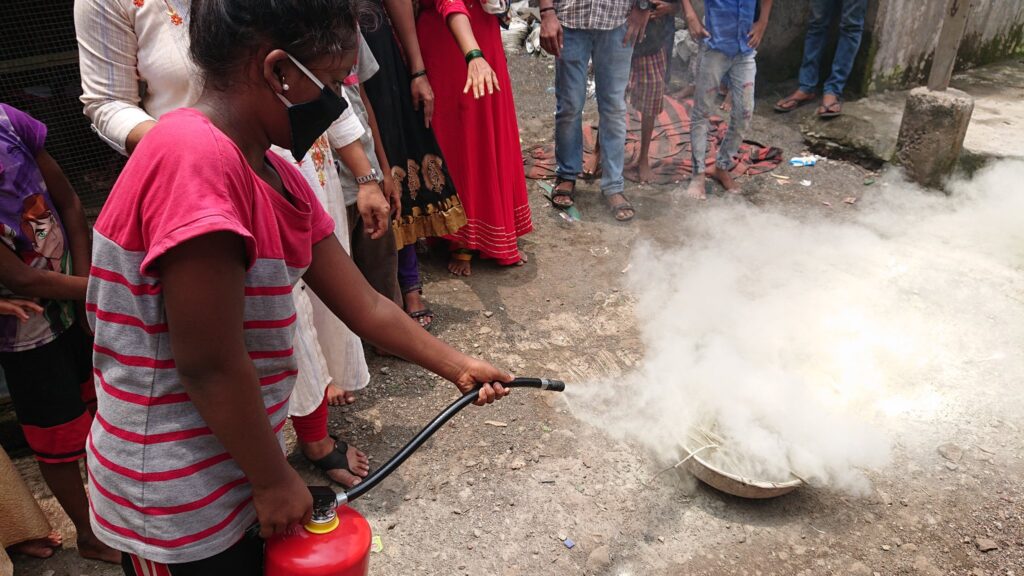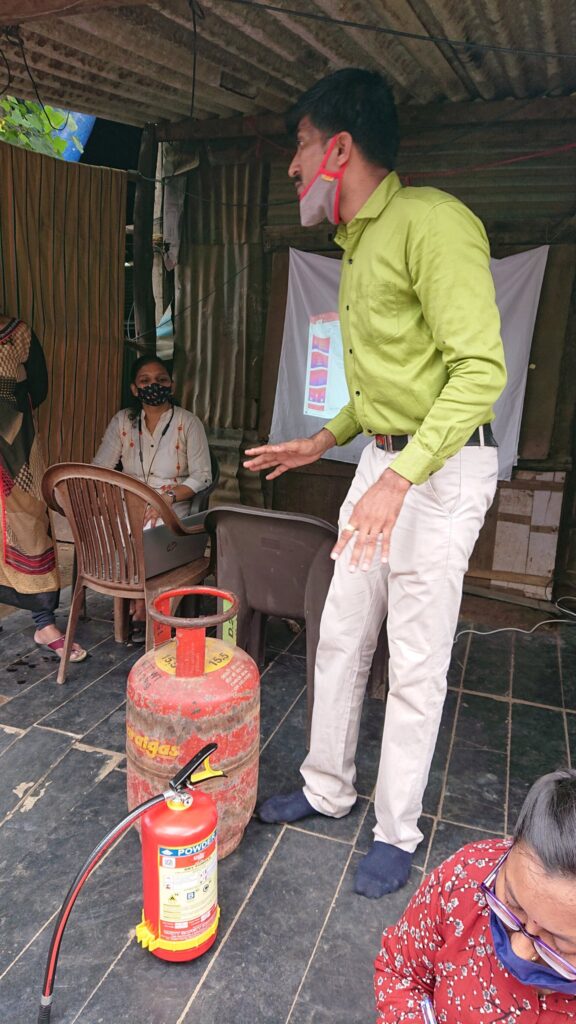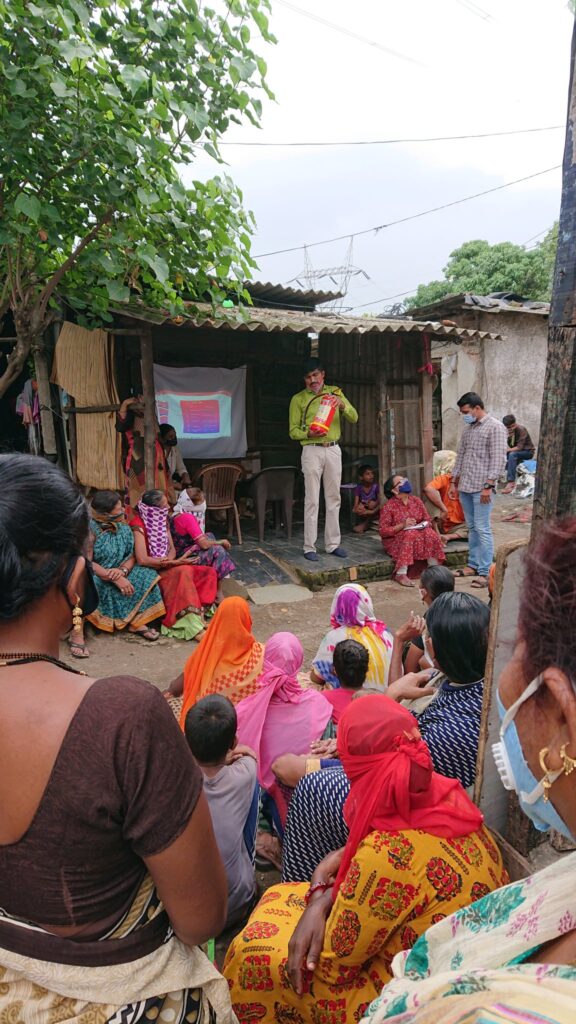For populations already vulnerable by their social, historical, political and regional locations, disasters are a regular occurance. Fires, eletric shocks, cooking gas cylinders explosions, occupational accidents, homes or walls collapsing due to low quality housing, homes getting demolished due to ‘development planning’ are only some examples of the risky lives lived by communities who are socio-economically marginalized. In short, experience of disasters are another manifestation of their deprivation and related injustice. To top this, they are the last populations to be reached by disaster response measures or disaster prevention planning.
Disasters, along with the obvious material and life losses, also directly impact the Mental Health of individuals and entire communities. The impact of disasters, as can be imagined, is not the same for everyone – marginalized populations suffer much more severe consequences and bear the brunt of most disasters due to limited access to resources. Being powerless, landless, resourceless, how do communities like nomadic tribes deal with such constant disaster situations? Due to this, trainings are a must to prevent disaster related panic.
Based on my own lived experiences as a young woman belonging to a nomadic tribe, and based on my work with grassroot communities, I believe that protection from disasters is a basic right that our communities are entitled to, but which is routinely not accessible. The ongoing devastating COVID pandemic has only highlighted this globally and in India. We are therefore working since last year not only to provide immediate relief but also to equip communities with disaster management skills and resources including response and prevention with inclusive, just, locally-led approaches. Towards this, we have organized a number of trainings on Gender Rights, Mental Health, Child Rights, Women’s Rights, Rights of Disabled Persons, etc. in context of Disaster Management. We are also raising resources to provide Disaster Response Kits (containing community kitchen sets, stretcher, etc.), till date distributed to 4 nomadic & denotified tribes (NT-DNT) in Maharashtra, India.
Recently, we also organized Fire Safety trainings with an NT-DNT group. All logistics were entirely organized by a young NT woman, with very little resources but with a lot of inclusivity. Youth, girls, women, parents with small children, older persons and persons with disability were mobilized by her with help of a team of women. We are privileged to be working with such intuitively inclusive and sensitive community leaders.

